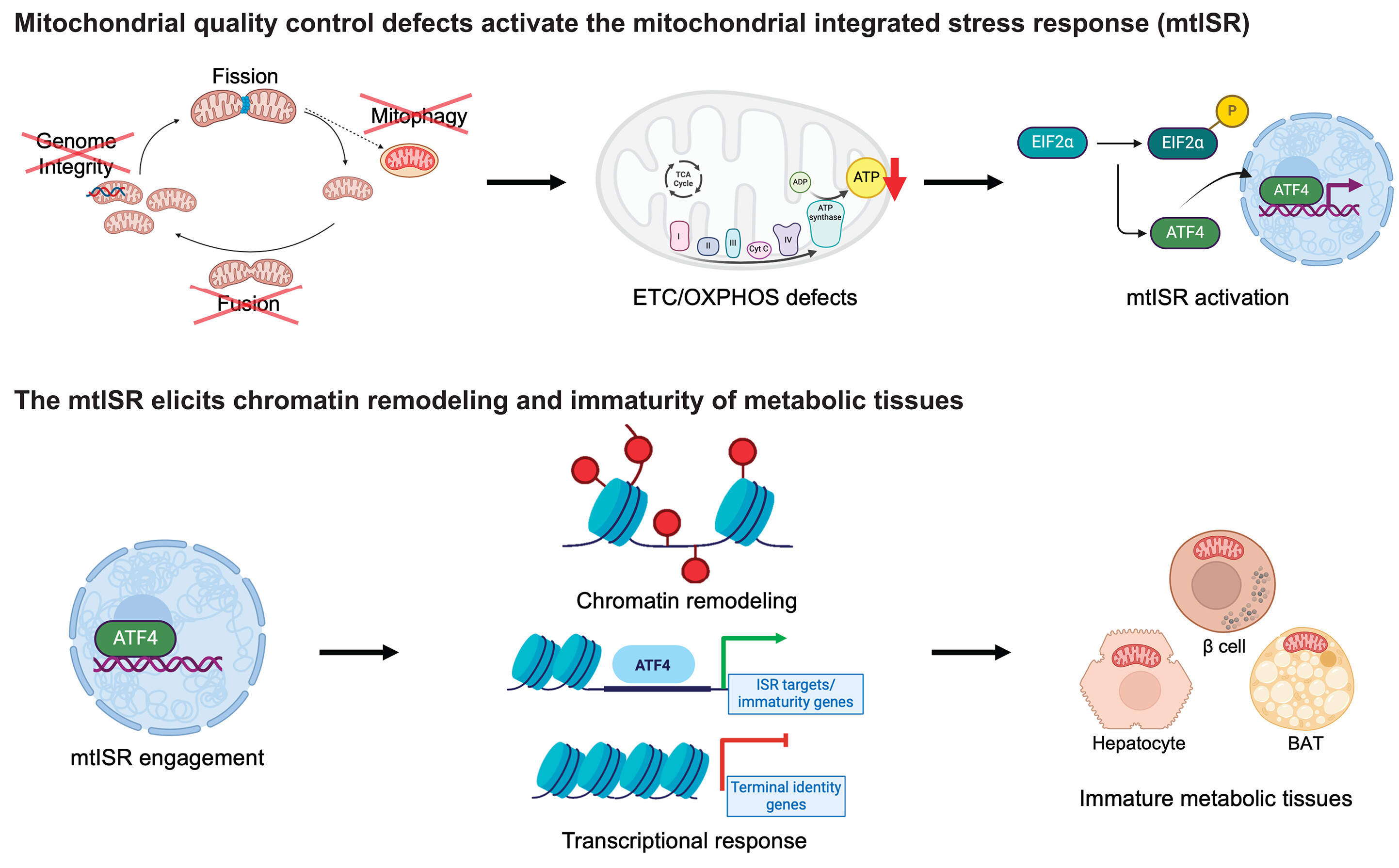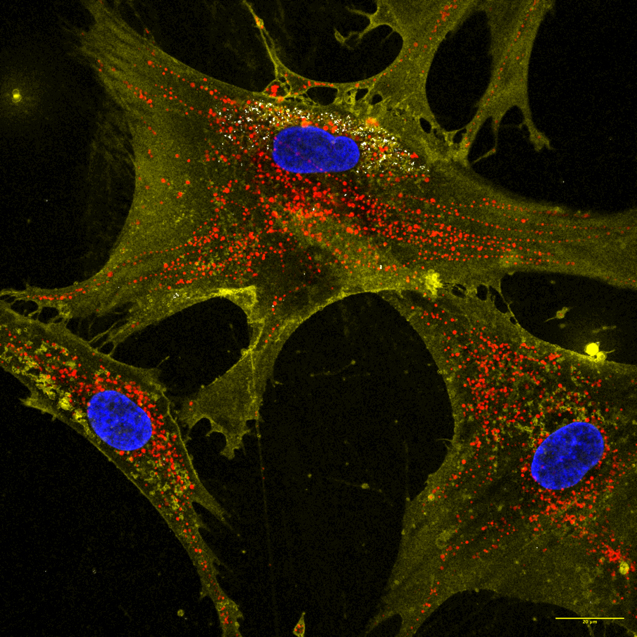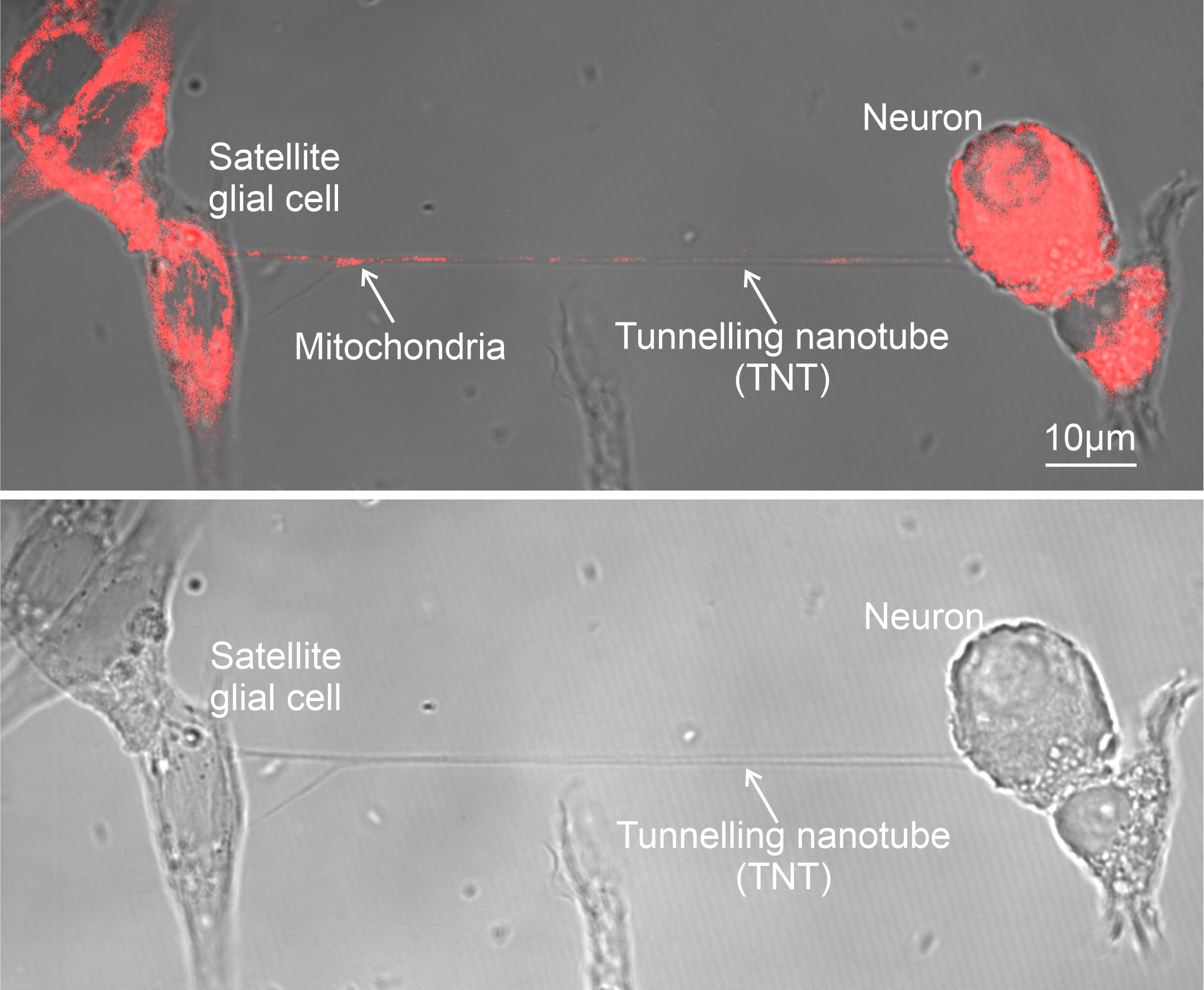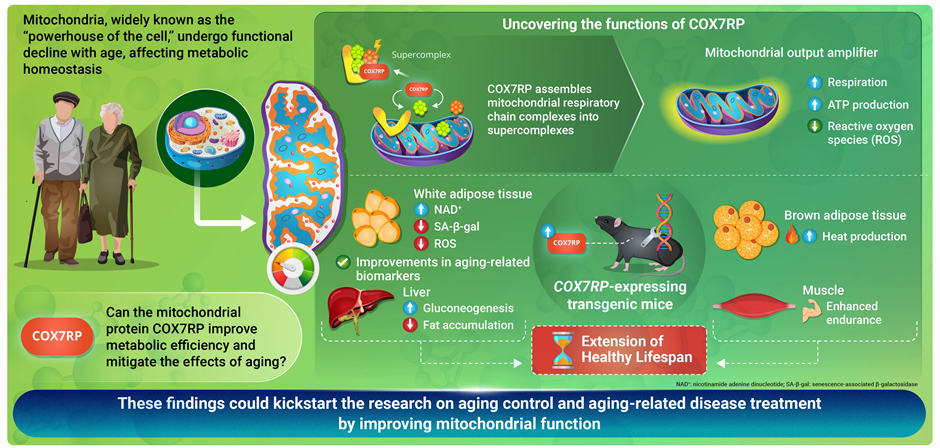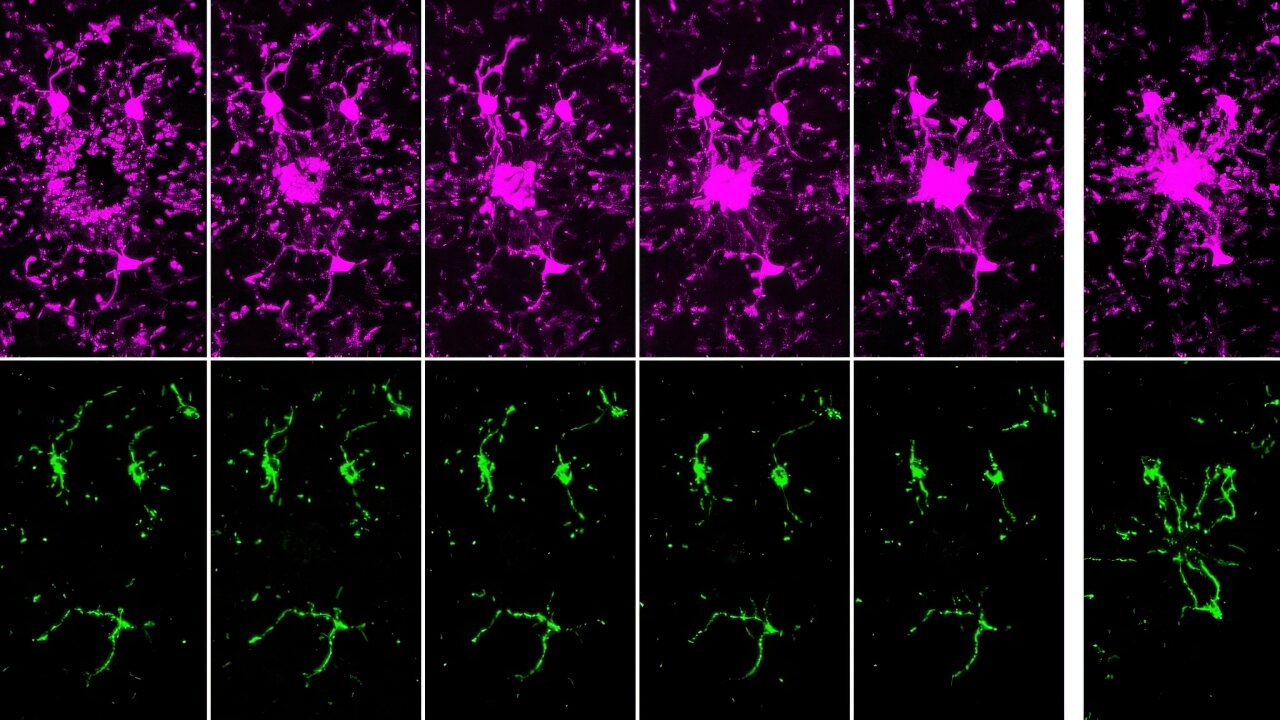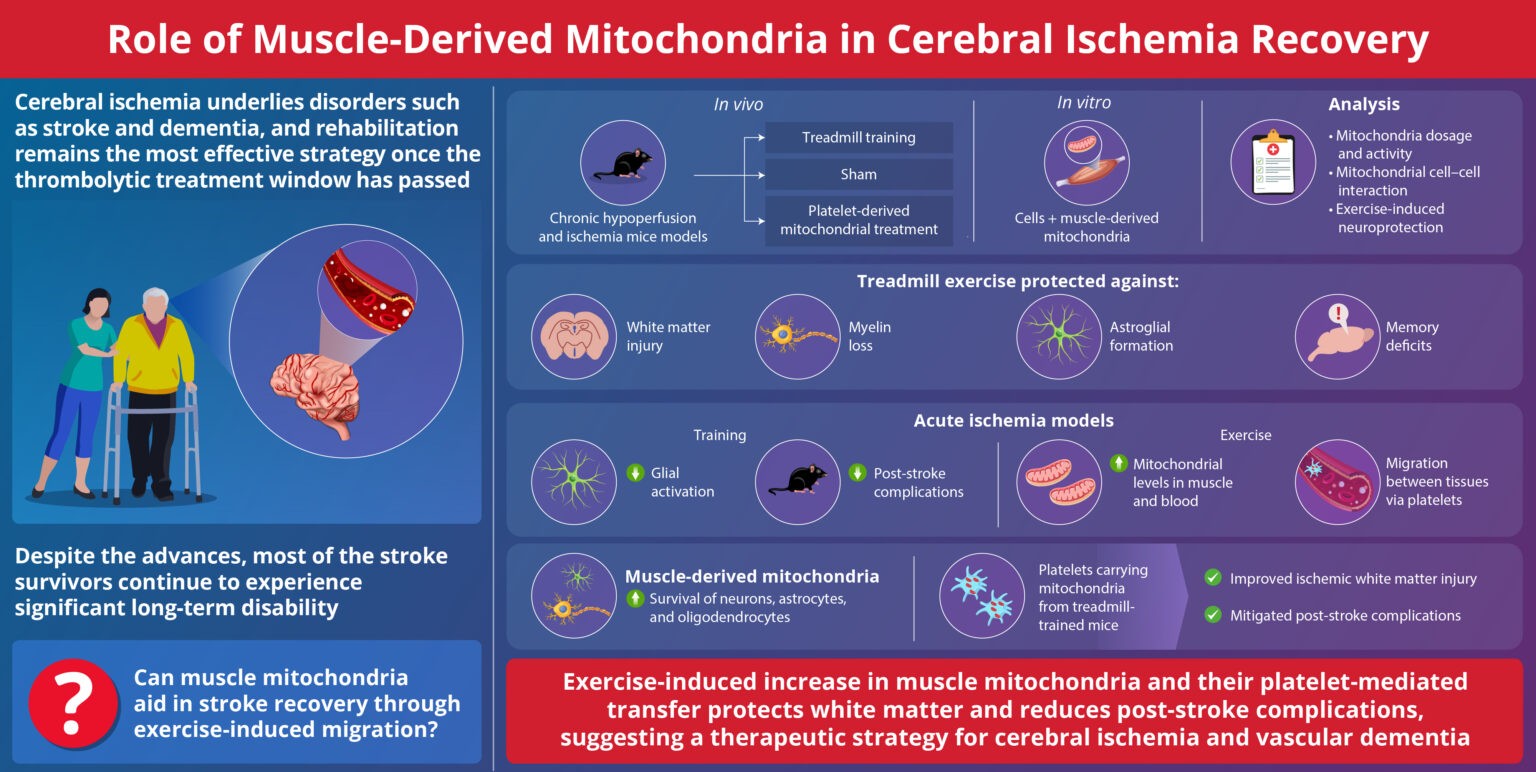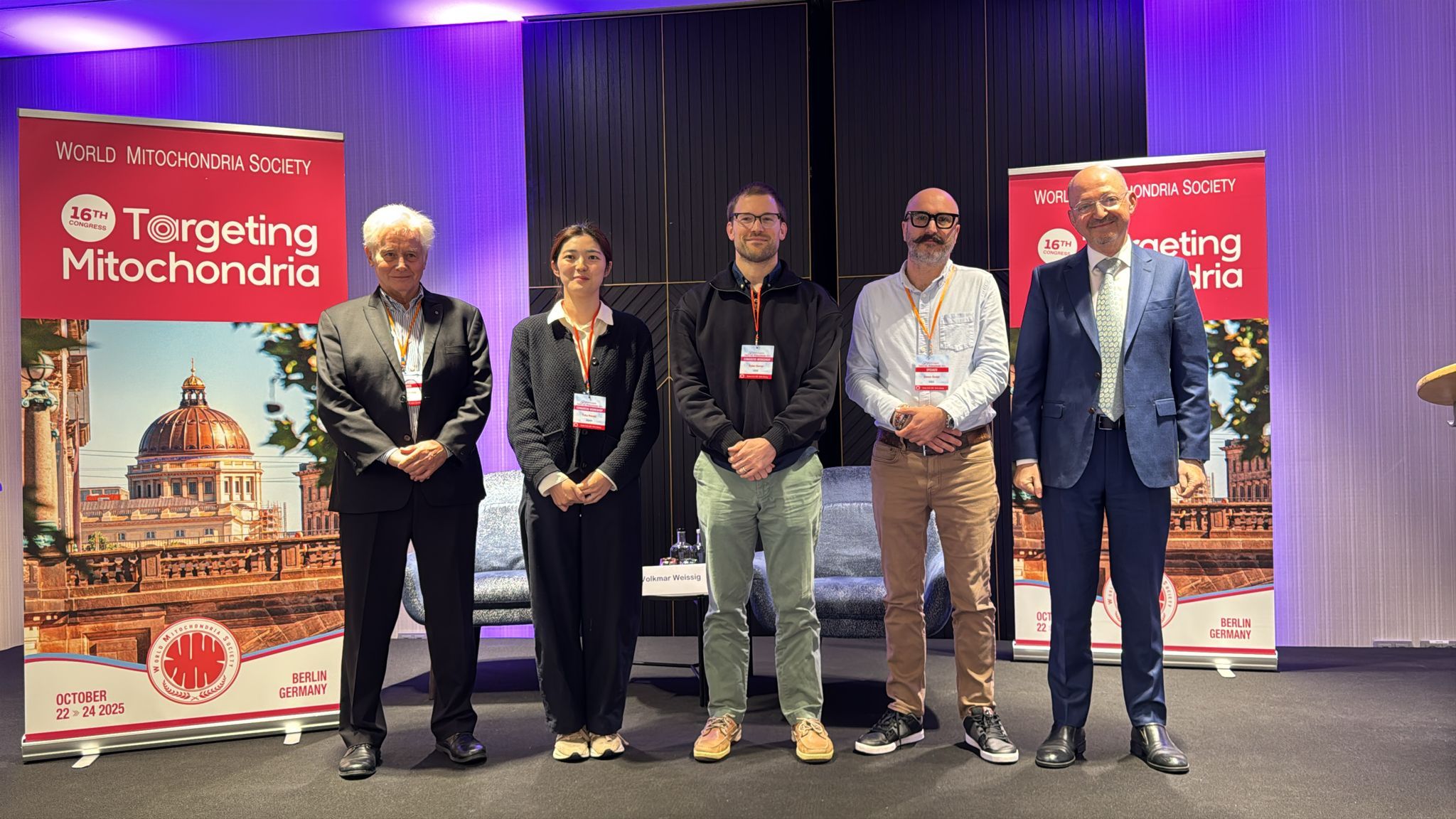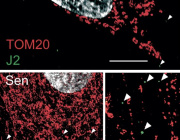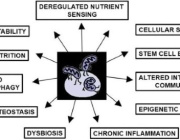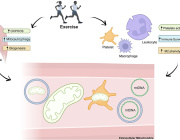Folic Acid Supplementation Improves Drosophila Parkin Loss-of-Function Phenotype and Decreases Mitochondrial Hydrogen Peroxide Levels in Vulnerable Dopaminergic Neurons
 Dr. Lori Buhlman, from Midwestern University Glendale, USA, will join us this year to present her most recent findings on "Folic Acid Supplementation Improves Drosophila Parkin Loss-of-Function Phenotype and Decreases Mitochondrial Hydrogen Peroxide Levels in Vulnerable Dopaminergic Neurons".
Dr. Lori Buhlman, from Midwestern University Glendale, USA, will join us this year to present her most recent findings on "Folic Acid Supplementation Improves Drosophila Parkin Loss-of-Function Phenotype and Decreases Mitochondrial Hydrogen Peroxide Levels in Vulnerable Dopaminergic Neurons".
A major hallmark of Parkinson’s disease (PD) is selective degeneration of dopaminergic neurons within the substantia nigra pars compacta. While the vast majority of PD cases are idiopathic, a small percent of patients inherits disease-causing mutations in the PRKN gene, which encodes the parkin protein.
Parkin loss-of-function Drosophila have motor deficits and selective neurodegeneration in the protocerebral posterior later region 1 (PPL1), which is functionally homologous to the human substantia nigra. Dr. Buhlman uses this model to search for unique features that make PPL1 neurons vulnerable.
Mitochondrial dysfunction and oxidative stress are heavily implicated in neurodegeneration; however, how loss of parkin leads to cell death is unclear. Using redox-sensitive cell-specific fluorescent reporters, Dr. Buhlam observed that elevated hydrogen peroxide levels are sustained as the parkin loss-of-function fly ages in PPL1 neurons but not in an unaffected cluster of dopaminergic neurons. Interestingly, demand for glutathione, an important mitochondrial antioxidant, is only elevated in PPL1.
She hypothesized that low levels of glutathione, combined with increases in mitochondrial hydrogen peroxide levels contribute to the dysfunction of mitochondria, oxidative stress and PPL1 neurodegeneration. To address this, she has repeated her study in flies raised on a folic acid-supplemented diet to increase cysteine amino acid synthesis, as cysteine is the rate-limiting component of glutathione synthesis. Dr. Buhlman has observed increased lifespan, improved motor behavior, and decreased hydrogen peroxide levels in treated flies.
Her results could provide new information regarding the role of parkin in mitochondrial function and disease and indicate candidate therapeutic targets.
Join us in Targeting Mitochondria 2022 and benefit from the experience of professional researchers like Dr. Buhlman. Book your spot.
Targeting Mitochondria 2022 Congress
October 26-28, 2022 - Berlin, Germany
wms-site.com









